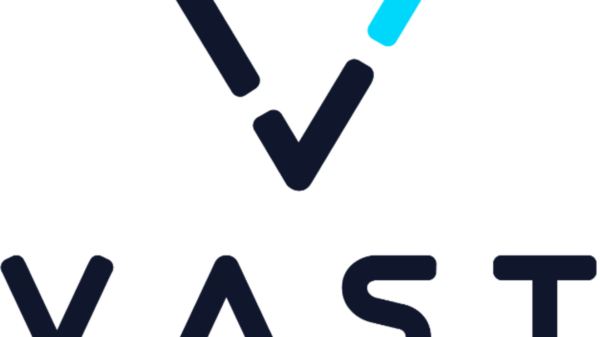As artificial intelligence (AI) continues to infiltrate educational systems, teachers are increasingly confronted with the challenge of outdated pedagogical models. Rather than focusing on enhanced detection software or stricter academic policies, educators must reconsider their approach to assignment design and assessment. The pressing issue lies not in student dishonesty, but in a failure to adapt teaching methodologies in an era where AI is becoming a commonplace tool.
Don Vescio, a professor of English at Worcester State University and co-chair of the Massachusetts Artificial Intelligence Collaborative for Higher Education, emphasizes that assignments easily completed by AI likely do not truly measure meaningful learning. He argues that educators must create assignments that enable educators to observe the learning process through methods such as documentation, scaffolding, and higher-order reflection. This shift could help bridge the gap between traditional educational approaches and the realities brought about by AI advancements.
Addressing Misconceptions About AI Usage
In a related discussion, Andrew Horn, an adjunct instructor in the sciences at Wentworth Institute of Technology, raises concerns about the superficial use of AI tools like ChatGPT. While some students employ AI to locate relevant passages within a text, many resort to extracting isolated quotations without fully engaging with the underlying arguments. This practice risks fostering a generation that accepts unsupported assertions rather than developing critical thinking skills through genuine research.
Horn suggests that for students to truly learn to evaluate differing perspectives, AI must not only deliver original sources but also provide comprehensive documentation. An essay filled with disjointed quotations from works with which students have no familiarity undermines the essence of learning. The emphasis should be placed on understanding content deeply, rather than merely skimming the surface.
Environmental Considerations in AI Education
Interestingly, discussions around AI in education often neglect the environmental implications of this technology. Elizabeth Morgan, a seasoned middle school teacher, points out the lack of coverage regarding the ecological footprint of AI data centers. As the AI landscape evolves rapidly, it becomes crucial to inform society about the potentially detrimental environmental impacts associated with AI usage. This awareness could motivate individuals to reconsider their reliance on AI tools.
In conclusion, educators must reconsider their strategies and embrace innovative assignment designs to ensure that students engage meaningfully with learning. The refusal to adapt to the changing educational landscape not only compromises the integrity of learning but also hinders the holistic development of critical thinking skills. By fostering a deeper understanding of AI’s role and implications, educators can prepare students for a future where technology and learning coexist harmoniously.
See also Italy Passes Comprehensive AI Law with Strict Rules on Deepfakes and Child Protection
Italy Passes Comprehensive AI Law with Strict Rules on Deepfakes and Child Protection Trump Administration Pauses Executive Order, Paving Way for State AI Regulations
Trump Administration Pauses Executive Order, Paving Way for State AI Regulations CIOs Must Implement Governance Frameworks to Mitigate AI Risks and Drive Innovation
CIOs Must Implement Governance Frameworks to Mitigate AI Risks and Drive Innovation Trump Administration Proposes Executive Order to Override State AI Regulations
Trump Administration Proposes Executive Order to Override State AI Regulations Federal Preemption of State AI Laws: A Necessary Step for National Coherence
Federal Preemption of State AI Laws: A Necessary Step for National Coherence

























































